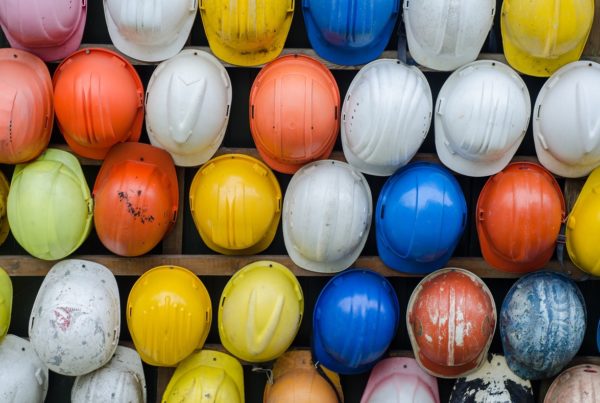Advocacy is about effecting change and influencing policy decisions. Many issues related to the recycled materials industry are being simultaneously addressed by all levels of government. Often these statutes, regulations, and policies are developed without a full understanding of the recycled materials industry, including the fact that all commodities don’t act the same way in the system. There are also instances when commodities are added to lists in bills or regulations during the final stages, and it is imperative that the industry be prepared with language and negotiation strategies to revise or eliminate the language.
When it comes to legislation, inaction or slow action can drastically impact the recycled materials industry, usually not in a positive way. This is especially true at the state level where issues pop up and move much more rapidly than the federal level. Under the leadership of ISRI Government Relations Chair Mark Weintraub, ISRI started reviewing our advocacy program to identify improvements to better serve our members.
“We saw the need for fluidity and agility in our approach to issues that were rapidly developing in the states and federal government,” said Weintraub. “In April, we discussed restructuring government relations. In July, we set forth our restructuring goals on the basis that states should work more cohesively, and federal and state lobbying efforts needed to be better coordinated.”
The goal of the Lobbyists Network is to create and maintain a network of lobbyists to effectively represent all ISRI members on recycled materials industry-related issues using consistent language, messaging and strategies.
What this boils down to is that the Lobbyists Network is much more issue focused than past initiatives. “The goal of being issue focused is to create uniformity in a ‘One ISRI’ approach to issues that we are able to advocate no matter the audience with the notion that we provide our resources to the Lobbyists Network,” said Weintraub. “We gather at least monthly so the lobbyists can build relationships among each other and share tactics, strategies, successes and failures as issues arise in each state.”
In order to provide adequate resources necessary to make this initiative successful, ISRI brought on Abby Blocker as vice president of state and local government affairs. Blocker previously worked with the National Waste & Recycling Association (NWRA) as vice president of state affairs. “I’m excited to join ISRI and ramp up advocacy efforts at the state level to ensure that the recycled materials industry continues to have a voice when legislation is introduced,” said Blocker. “A strong national Lobbyists Network is crucial to shape decisions that may impact the industry.”
The restructured Lobbyists Network held its first meeting in August. In September, the group focused on the topic of environmental justice (EJ). ISRI members and industry lobbyists reviewed resources currently available to them including a state-by-state breakdown of EJ policies and legislation. During the October meeting, the topic was extended producer responsibly (EPR). The group discussed ISRI’s position on product stewardship, ISRI’s guidance on packaging EPR elements, and ISRI’s position on minimum recycled plastic content legislation.
The next meeting is scheduled for Nov. 6 and will focus on catalytic converter policies. Future calls will continue to be centered on pressing issues including electric vehicle and lithium-ion batteries, PFAS/PFOS and more. For more information contact Abby Blocker, ablocker@isri.org.










